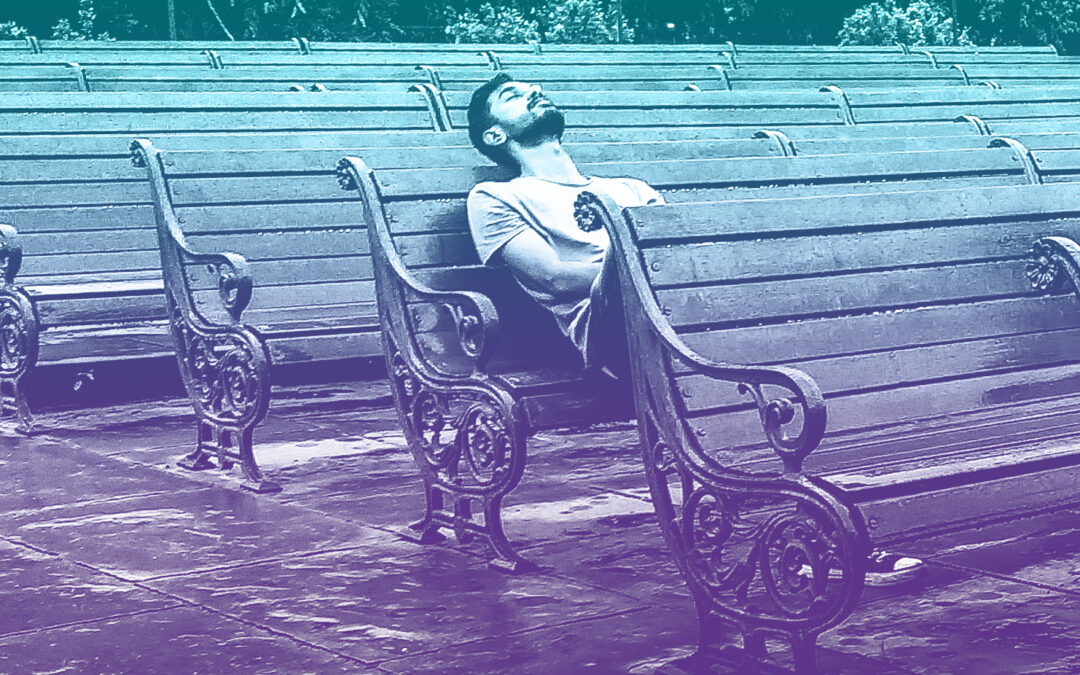When Everyone Has Cut All Ties with The Addict – Now What?
The longer someone stays in their addiction the worse everything becomes. Treatment center after treatment center, incarceration after incarceration – most loved ones eventually find they cannot tolerate it any further and cut all ties with the suffering addict.
Bottom line, these people refuse to watch their loved one kill themselves. Many have been inadvertently enabling their suffering loved one for years, watched them grow ever worse.
By Shayne Sundholm, CEO, Clean Recovery Centers
Terrible disease
Addiction is one of the most destructive diseases on the planet. People in active addiction to drugs and/or alcohol are like tornadoes ripping and roaring through the lives of virtually everyone around them. The side effects of addiction are abhorrent behaviors – stealing, cheating, lying, manipulating and spouting extremely hateful words to others. I could go on and on.

It is okay to have the disease of addiction. But it is not okay by any stretch of the imagination to have the disease and do nothing about it. That’s because it is not only the suffering addict who gets hurt – everyone who knows that person suffers greatly as well, particularly those closest to the individual.
Many addicts and alcoholics refuse to get help until they are at death’s door, and everyone has deserted them. Does this mean the person can’t get well? No it does not. Many have to get to a point where emotional and psychological torture is so intense that they cannot stand it any longer. Their substances of choice no longer alleviate any of the pain. These people are often homeless, friendless and broke.
Help is available
In these circumstances what can a person do? They have nowhere to live. They have no support. They have no insurance or financial resources to get help. But a suffering addict in these circumstances very often can find help if they choose to seek it.
Most cities have state funded detox facilities. The person should call one of these facilities as soon as possible. In addition to detox, most states have at least short-term post detox living accommodations and treatment. There are other great organizations such as the Salvation Army that have longer term treatment (6 months or more) as well as living accommodations for those without resources.
Feelings of inadequacy, false pride and ego, fear, anxiety, guilt, remorse and shame cripple those suffering from addiction. Most often these feelings were well established prior to their full-blown addiction, and they used the substances to medicate their discomfort.
These feelings are the very feelings underlying their disease. It is imperative that the suffering addict, in these circumstances, swallow their pride because it has been part of what has been killing them.
Good news
Losing everything and being in a position where “the last house on the block” is a state-funded facility or charity is a very humbling reality. Often this exercise in humility can be a cornerstone for long term recovery!
I have witnessed people get well who have lost everything. I was one of them. Though I was fortunate to still have insurance, a number of the places where I was put when I was sick were the very state-funded entities I have mentioned.
What I had thought was the worst thing that ever happened in my life became the best thing that every happened. Going through a strong recovery process and with the Grace of God, all that I had lost started to come back and rather quickly. Most importantly, I learned how to live life on life’s terms. Those feelings of inadequacy, fear and anxiety have been reduced to levels I’ve never experienced in my life.
Recent Posts


